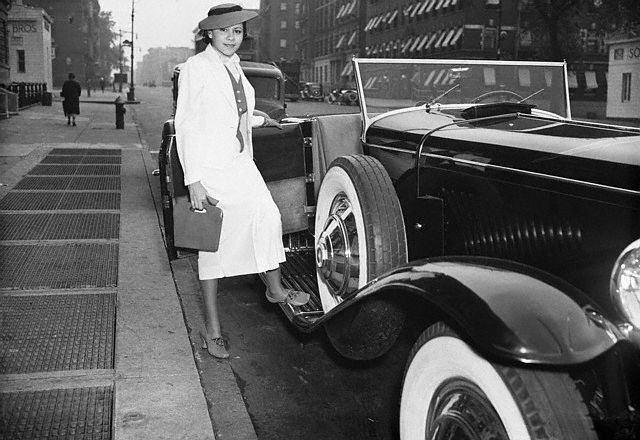In the past 60 days, there has been a radical change in the way consumers purchase cars and trucks. Dealerships closed their doors but continued to sell cars to consumers who completed the deals online.
The tools for online car sales have been in place for years. Karl Brauer, executive editor at Kelley Blue Book and Autotrader, says the model was slow to be accepted, noting that many consumers and dealers were equally skeptical.
“Then we had a global pandemic and suddenly it wasn’t about whether you thought it was a good idea,” Brauer told ConsumerAffairs. “It was, do you want to sell cars as a dealer and do you want to buy cars as a consumer? Well, here’s your one and only option.”
You can still kick the tires
On Kelley Blue Book’s website, for example, you can shop for cars in your local area and get price information for the make and model of your choice, as well as the color and other options you may want. That part hasn’t changed.
But in the past, a consumer would then head to the dealer to test drive the vehicle, complete the deal, and take delivery. In the post-pandemic world, the entire deal is completed online and the car is delivered to your driveway. But Brauer says that doesn’t mean you can’t still kick the tires.
“Consumers can have a car delivered to their house and keep it anywhere from 30 minutes to overnight, depending on the dealership’s policy,” Brauer said. “A test drive is one of the most important things a person can do before buying a car and now they can do that, without visiting the dealership.”
This change in the car buying process can remove a lot of pressure for the consumer. The car can be closely inspected and driven without a salesperson hovering nearby. It could result in a more informed buying decision that isn’t rushed because everything has to be done in one visit to the dealership.
Trade-offs for dealers
While dealers might have been reluctant to embrace this business model before for fear of losing control of the transaction, Brauer says many of them have found this system to come with a number of benefits, including more productive salespeople.
“That’s where dealers are seeing an increased efficiency because now, instead of trying to sell a car to a consumer in a given timeframe, they could have as many as 10 deals in process simultaneously,” he said.
April car sales were sharply lower, but with dealerships closed to the public in just about every state, it’s perhaps surprising there were any cars sold at all. Brauer says both consumers and dealers seem to have adapted well and that many of the changes in the vehicle-buying process will remain long after the coronavirus is gone.
“Like so many things in human history, a crisis forced an evolution that was probably coming anyway, it just made it arrive much faster,” he said.
Photo credit: A smiling, Marva Trotter “the most beautiful woman in Harlem” steps into her Duesenberg in Harlem, 1940’s.
Become a Harlem Insider!
By submitting this form, you are consenting to receive marketing emails from: . You can revoke your consent to receive emails at any time by using the SafeUnsubscribe® link, found at the bottom of every email. Emails are serviced by Constant Contact









